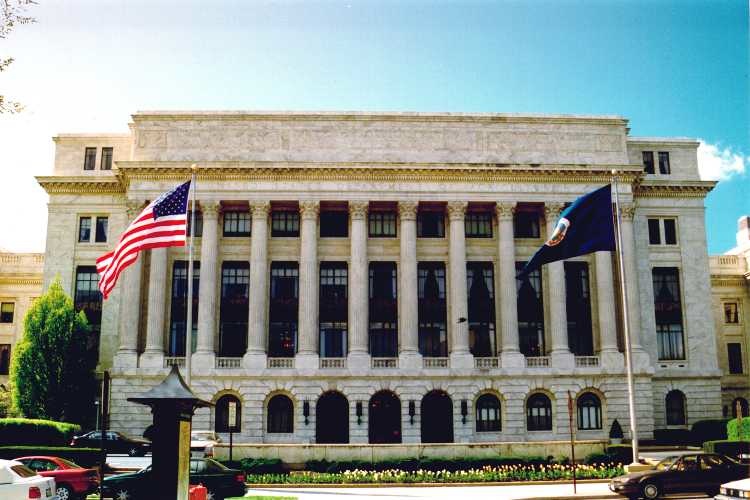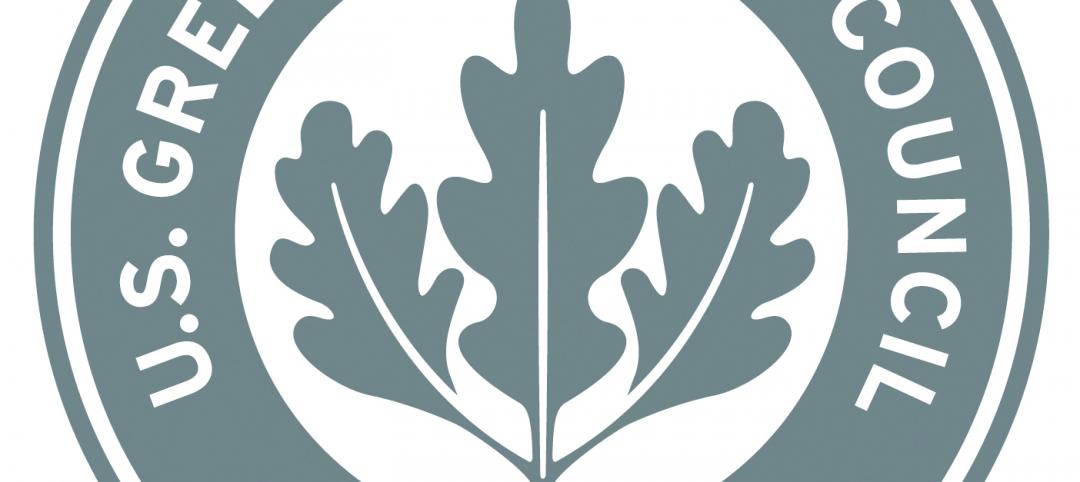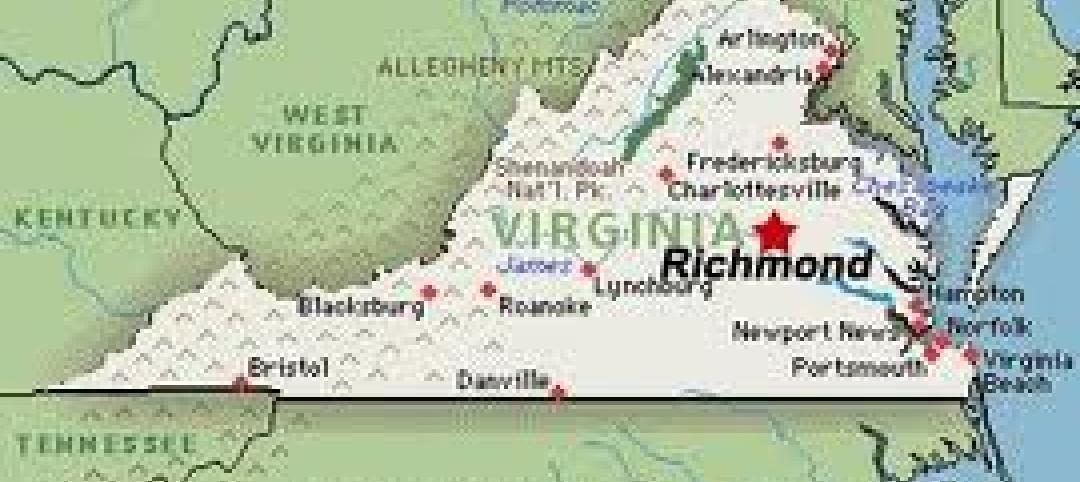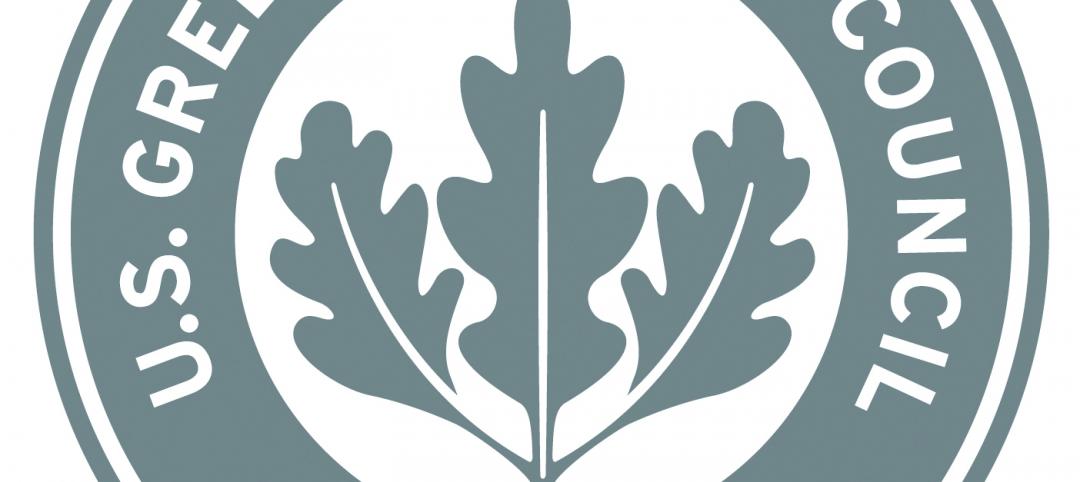The U.S. General Services Administration has issued a Request for Qualifications seeking developers who can provide construction and development services in exchange for the GSA Regional Office Building and Cotton Annex, both located in Southwest Washington, D.C.
These services would be used to help GSA consolidate about 1,500 regional staff from the Regional Office Building into the GSA headquarters located at 1800 F St., NW and renovate up to three historic buildings at St. Elizabeths campus in Southeast Washington.
This action will allow GSA to leverage the value of outdated and underperforming properties to provide the government with efficient modern office space to better serve our current needs.
Last year, the agency issued a Request for Information (RFI), soliciting innovative ideas from the development community to help the agency gather possible development scenarios that provide cost savings, space, efficiency, and modernization solutions for federal agencies located at Federal Triangle South.
“The Federal Triangle South project is an opportunity to reexamine how the federal government uses these buildings and reassess how this space fits into the surrounding community,” said GSA Administrator Dan Tangherlini. “This action will facilitate the city’s efforts to transform this precinct that is dominated by federal office buildings, into a mixed-use neighborhood that will both provide for a modern workplace for federal employees and create a vibrant, diverse, and special community of its own.”
GSA’s action supports the vision for Federal Triangle South identified by the National Capital Planning Commission’s Southwest EcoDistrict -- a sustainable community stretching from the National Mall to the Southwest Waterfront.
The vision includes a number of federal buildings and seeks to reduce costs by overhauling these outdated and underperforming assets, developing state-of-the-art green facilities, and encouraging mixed-use and improved infrastructure. The deadline for RFQ questions is April 17, 2014. Responses are due by May 22, 2014. The RFQ is now posted on Fed Biz Opps.
Reducing the Federal Footprint & Increasing Efficiency
The Obama Administration has set aggressive goals for using federal real estate assets more efficiently, and GSA has increased its efforts to help federal agencies identify underutilized properties and move them into the disposal process.
The Federal Triangle South RFQ is part of GSA’s ongoing effort to get underperforming federal facilities, such as the Cotton Annex, off of the government's books, while creating the greatest possible value for taxpayers. It would also allow GSA to consolidate its employees in the National Capitol Region into one building, the 1800 F St. NW headquarters. This would not only cut costs and reduce energy consumption, but also maximize workplace efficiencies by bringing employees into GSA’s Total Workplace program.
(http://www.gsa.gov/portal/content/189811)
Related Stories
| Feb 23, 2012
Federal budget cuts put major building projects on hold
A plan to build the National Bio and Agro-Defense Facility in Kansas is among several major building projects in jeopardy after the Obama administration’s 2013 budget was unveiled. The budget would cut all construction spending for the facility.
| Feb 23, 2012
Federal agencies fixed on leasing LEED-certified space
The federal government is especially focused on renting LEED-certified spaces.
| Feb 23, 2012
Regulators investigating construction accident at World Trade Center
The New York Port Authority and the city’s fire and building departments are investigating an accident at the World Trade Center construction site in lower Manhattan after a crane dropped steel beams that fell about 40 stories onto the truck that delivered them.
| Feb 23, 2012
New Virginia statewide building code goes into effect March 1
After March 1, all building plans in Virginia must adhere to the 2009 code that was adopted a year ago.
| Feb 23, 2012
Privatizing flood insurance could lead to new code requirements
One thing that could pave the way toward private flood insurance would be NFIP reforms, like requiring new construction in flood-prone areas to be elevated.
| Feb 22, 2012
ACI BIM manual for cast-in-place concrete in development
The improved communication, coordination, and collaboration afforded by BIM implementation have already been shown to save time and money in projects.
| Feb 20, 2012
Comment period for update to USGBC's LEED Green Building Program now open
This third draft of LEED has been refined to address technical stringency and rigor, measurement and performance tools, and an enhanced user experience.
| Feb 20, 2012
GAF introduces web portal for architects and specifiers
The new portal offers a clean look with minimal clutter to make it easier to find the technical information and product data that architects need.















